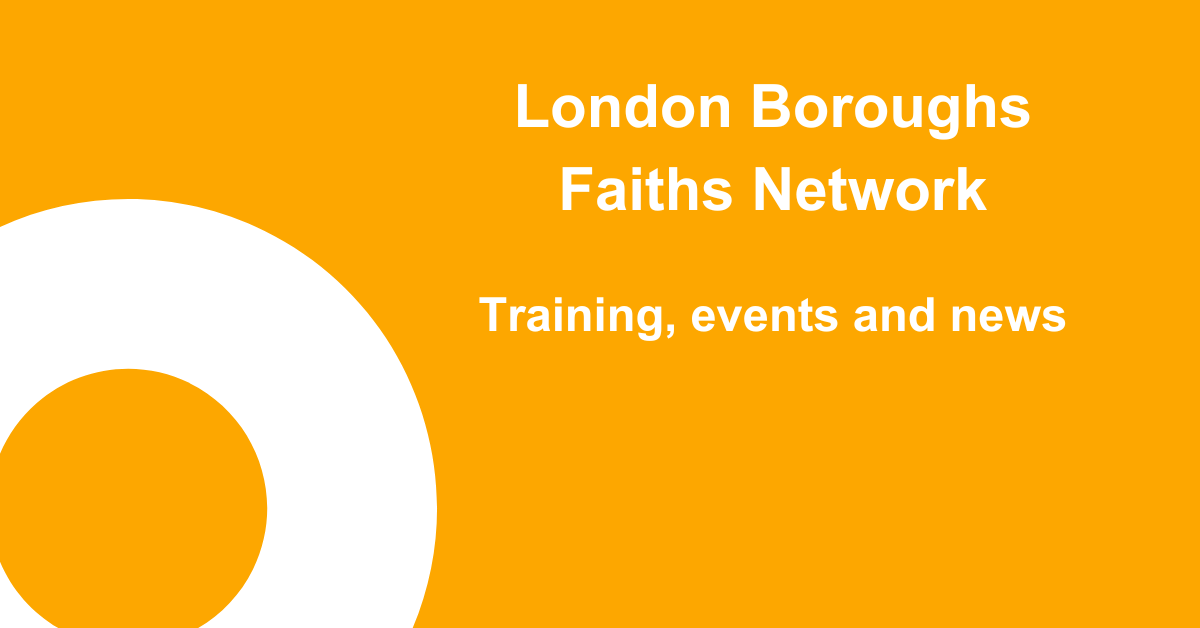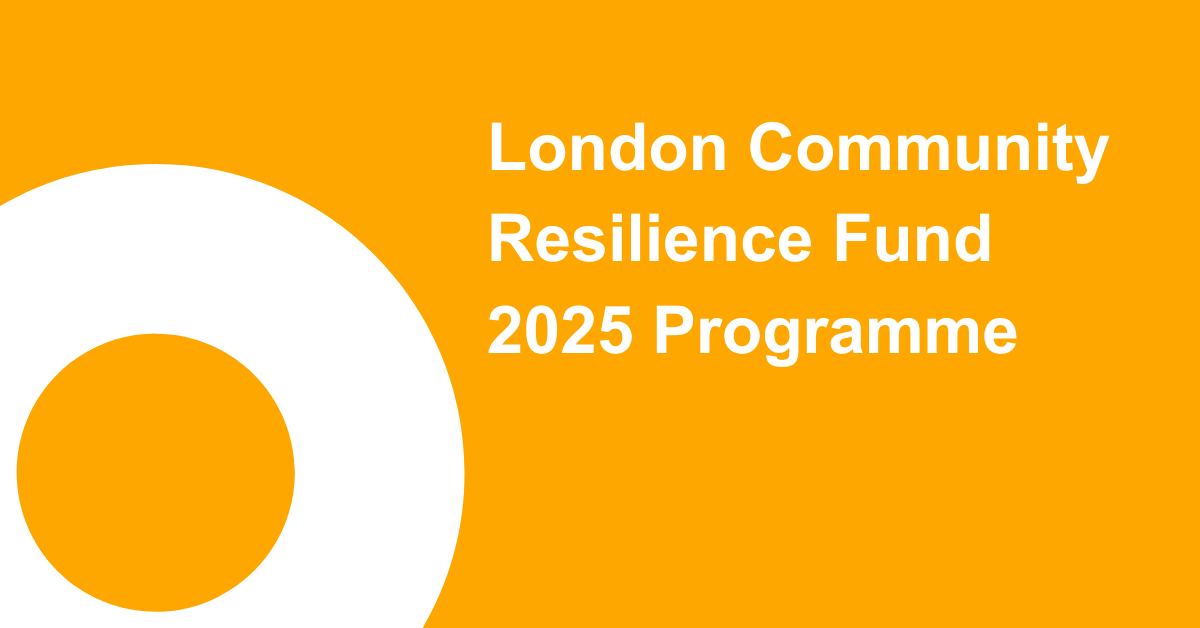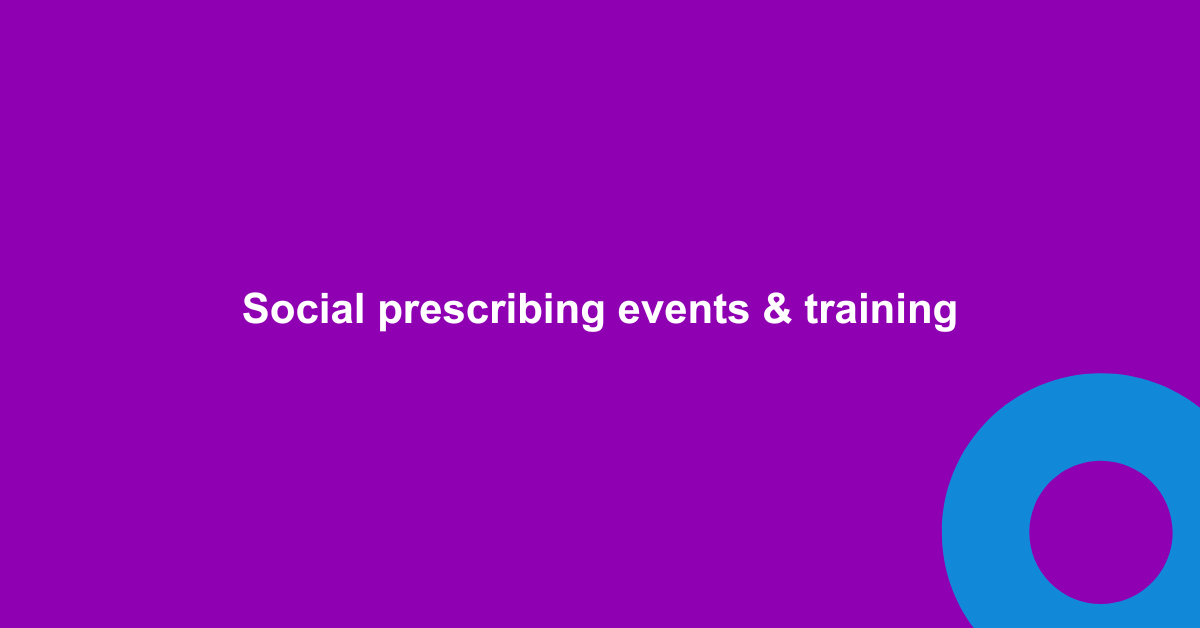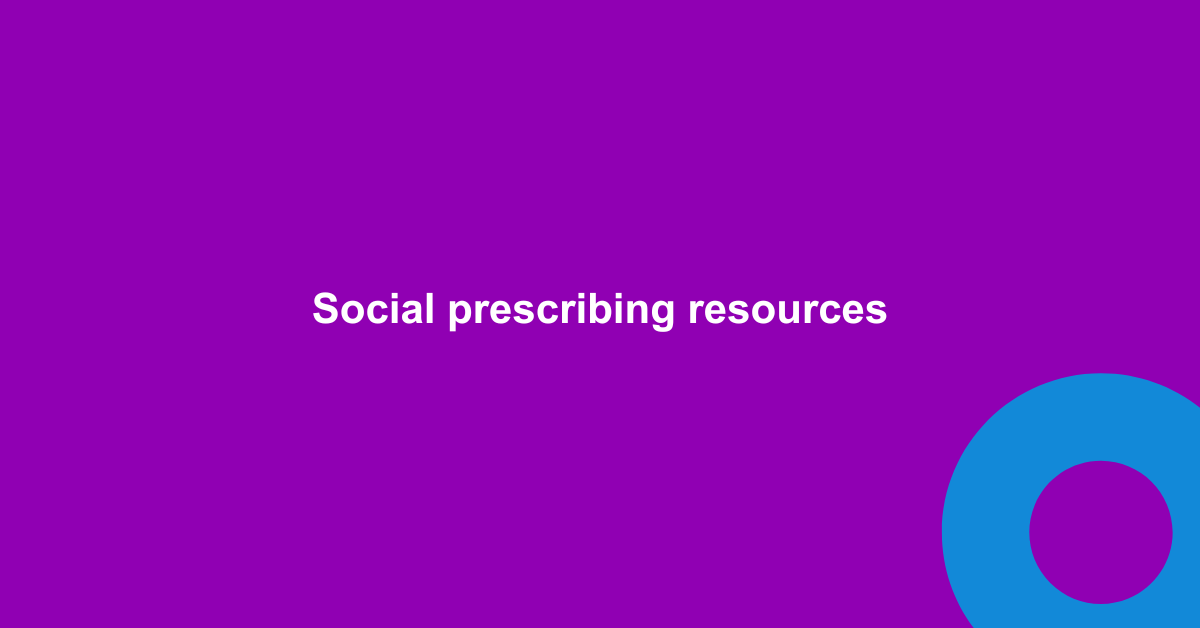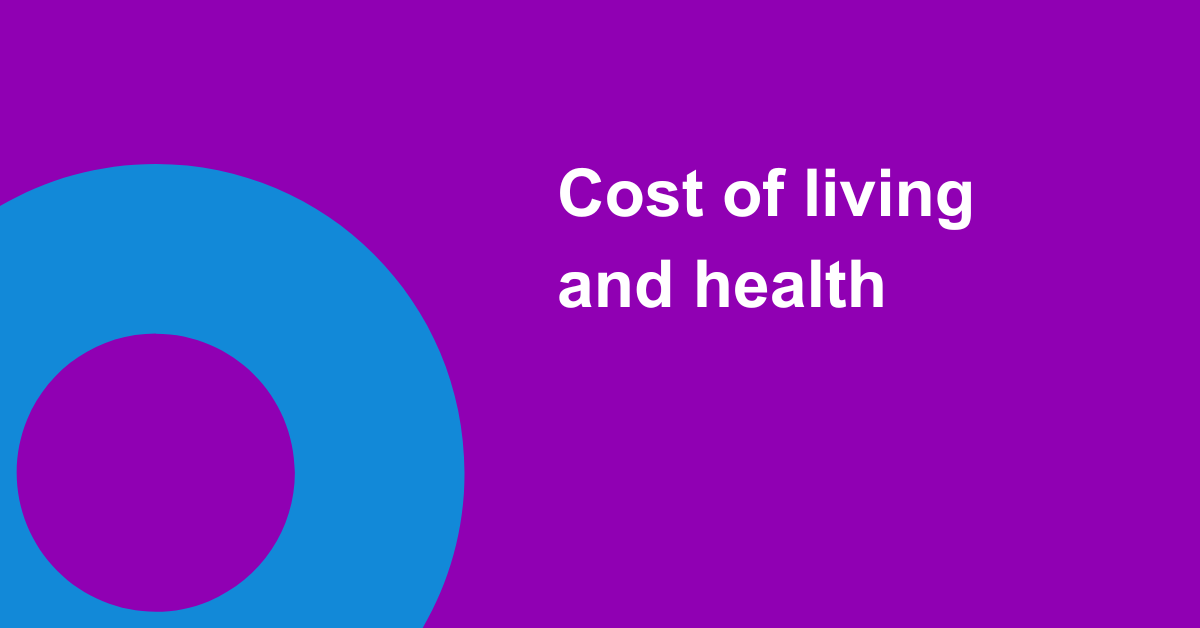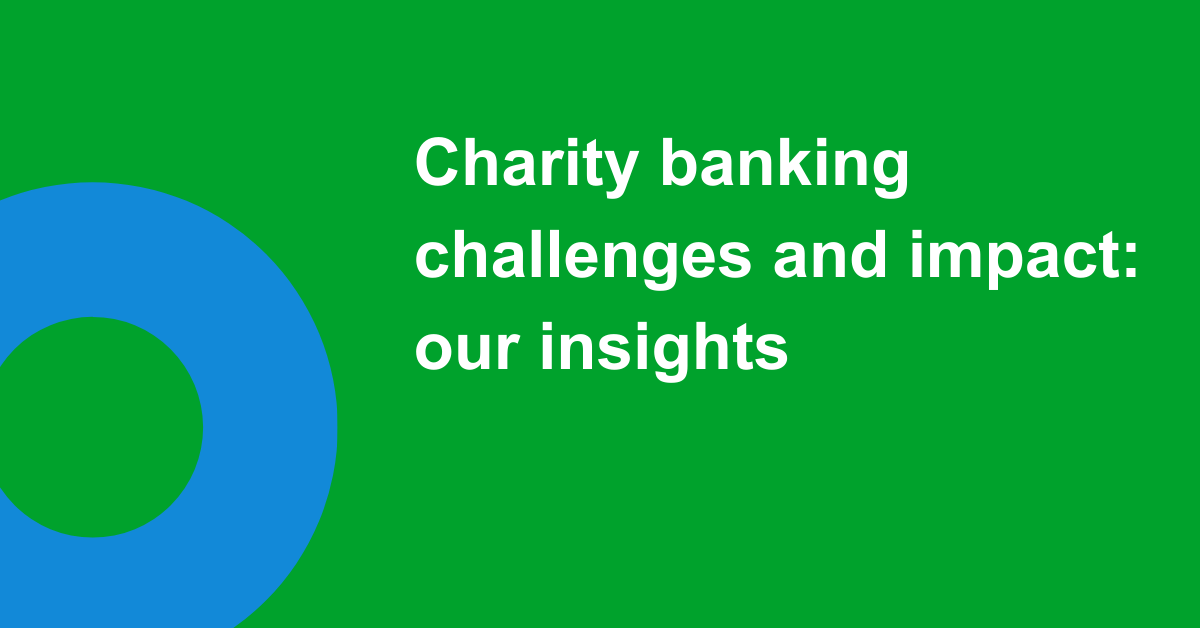Analysis using Understanding Society data
The GLA commissioned London Plus to look into whether volunteers in London reflect the diversity of the city. We used data from the Understanding Society survey to research this topic.
Read our blog ‘How diverse are volunteers in London?’ to find out more about the background of our research. Additionally you can try out our probability of volunteering calculator, how likely are you to volunteer?
Summary and key findings
Data and research methods
- The data used for research throughout this report was pulled from Understanding Society survey. The dataset is a longitudinal household panel survey, interviewing the same individuals annually. It started in 2009, with the most recent data collected in 2018, and includes over 40,000 households.
- In the survey questions about volunteering behaviours were asked every second wave of the data collection. This covered whether an individual volunteered, and how often. The survey also asked questions about a range of other factors including:
- personal characteristics
- Life experiences
- Wellbeing
- Social networks
- A combination of simple descriptive statistics and multivariate analysis were used throughout the report.
Overview of volunteering in London
- In the most recent wave of interview, 21% of Londoners said they had volunteered in the last 12 months. On the other hand only 19% of people had volunteered in the rest of the UK.
- There was a core group of people who volunteered consistently over the years. Additionally, there were also a lot of people dipped in and out of volunteering from year to year. For example, nearly half of people who volunteered in each wave were not volunteering in the next wave. However, around one in ten people moved into volunteering.
Diversity of volunteers in London
- Women were only slightly more likely to volunteer than men, and this was not statistically significant when controlling for other characteristics. Women were, however, more likely to volunteer regularly.
- People who were Indian, Pakistani, or Bangladeshi were less likely to say they had volunteered in the last 12 months than people from other ethnic backgrounds.
- There was little difference in volunteering by age in the earlier waves. However, in waves six and eight younger people were more likely to volunteer. Difference were not significant when controlling for job status.
- Differences in volunteering behaviours were largest by socio-economic factors:
- People in the highest income quintile, and people with a degree were most likely to say they volunteered.
- Full-time students were most likely to do any volunteering, but people who were full-time students, unemployed or retired were most likely to volunteer regularly.
- There were no differences in volunteering behaviours by disability status.
- Whilst there were no differences in volunteering behaviours between people who said they were, or were not, religious, people more actively practiced their religion were most likely to volunteer.
Transitions into, and out of, volunteering
- The characteristics most strongly associated with beginning, or stopping volunteering, were socio-economic ones.
- People most likely to start volunteering:
- With a degree
- unemployed
- Full-time students
- People who are religious
- People least likely to start volunteering:
- Over 65
- With more children
Volunteering and personal well-being
- The General Health Questionnaire (GHQ) measures wellbeing as overall subjective life satisfaction, and absence of mental distress.
- People who did not volunteer had the lowest wellbeing on average.
- Those who volunteered frequently (at least once a month) had the highest wellbeing.
- People who did not volunteer in one wave, but began volunteering in the next wave, also experienced an increase in wellbeing.
Volunteering and social integration
- People who volunteered were less likely to say that all their friends were similar to them in terms of age, race and residence.
- Volunteers were also more likely to say that they lived in a close-knit community with trustworthy neighbours who helped and got along well with each other.


